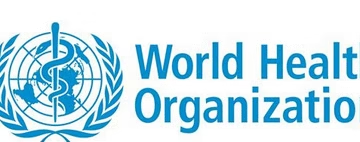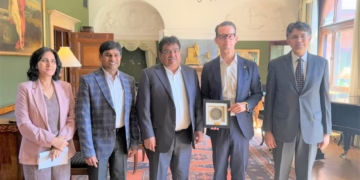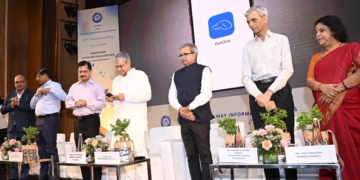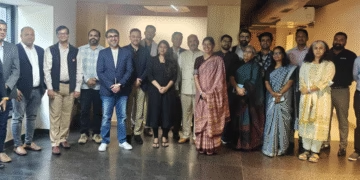14 September 2018
The ministerial statement by G20 trade ministers, the first in over two years, calls on keeping markets open, addressing economic development and reinvigorating the international trading system.
In spite of the current international trade environment, the G20 Trade and Investment Ministerial Meeting ended in Mar del Plata this afternoon with a ministerial statement that calls for keeping markets open, addressing economic development and reinvigorating the international trading system.
The document, agreed by all G20 members, acknowledges that international trade and investment “continue to be important engines of growth, productivity, innovation, job creation and development.”
With respect to current international trade developments, the declaration reads that “the G20 is a platform for political dialogue outside of a negotiating context and for gathering collective efforts to ensure that the benefits of international trade and investment are shared by all.” It recognizes the need to step up “actions to mitigate risks and enhance confidence in international trade.”
The 36 heads of delegation also point out that “agri-food global value chains (GVCs) are one of the important means to achieve a sustainable food future” and underscore the importance of national policies to support micro, small and medium-sized enterprises (MSMEs), as well as women.
The declaration also looks at the implications arising from the new industrial revolution (NIR), an issue high on this ministerial meeting’s agenda: “The NIR has the potential not only to increase productivity, but also to transform comparative advantages among countries and break down the traditional boundary between the physical and the digital world, and between goods and services.“
Once the meeting at the NH Gran Hotel Provincial ended, Argentine Minister of Foreign Affairs and Worship, Jorge Faurie, and Argentine Minister of Production and Labour, Dante Sica, gave a press conference to brief on the meeting’s conclusions.
“We hail the ministers’ efforts to agree on a common denominator, which has allowed us to issue the ministerial declaration. This shows that, through dialogue and the search for consensus, we can build a new reality, one that adapts to how the world has changed with respect to work, production and trade,” Faurie said.
“All technological changes and the new industrial revolution are meant to promote the inclusion of small and medium-sized companies into the international trading system,” Sica said. “We must work hard so that technological progress doesn’t cause a new digital divide that affects SMEs,” he added.
“Sitting at the table of the G20, this essential international forum whose members account for 80% of global GDP, Argentina was able to do what it does well: working as a mediator and finding common ground,” concluded Faurie.















































